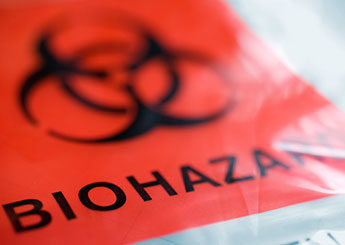Reported cases of work-acquired HIV infection drop: CDC

Photo: Fuse/Thinkstock
Atlanta – Documented cases of occupationally acquired HIV infection among U.S. health care workers have become “rare,” possibly due to underreporting and effective treatment and prevention, according to research from the Centers for Disease Control and Prevention.
CDC received reports of 58 confirmed cases and 150 possible cases of work-acquired HIV infection among health care workers from 1985 to 2013, yet just one confirmed case has been reported since 1999. That case involved a laboratory technician experiencing a needle puncture while working with a live HIV culture in 2008.
Most confirmed cases were due to a percutaneous puncture or cut (49), followed by mucocutaneous exposure – such as through the eyes, nose or mouth – (five), both percutaneous and mucocutaneous exposure (two), and unknown reasons (two). Forty-nine workers were exposed to HIV-infected blood, four to concentrated virus in a lab, one to visibly bloody fluid, and four to unspecified body fluids.
CDC stresses that workers should always assume body fluids are infectious.
The agency also recommends adhering to OSHA’s Bloodborne Pathogens Standard, using needleless systems and disposing of sharp instruments.
The research was published Jan. 9 in CDC’s Morbidity and Mortality Weekly Report.

